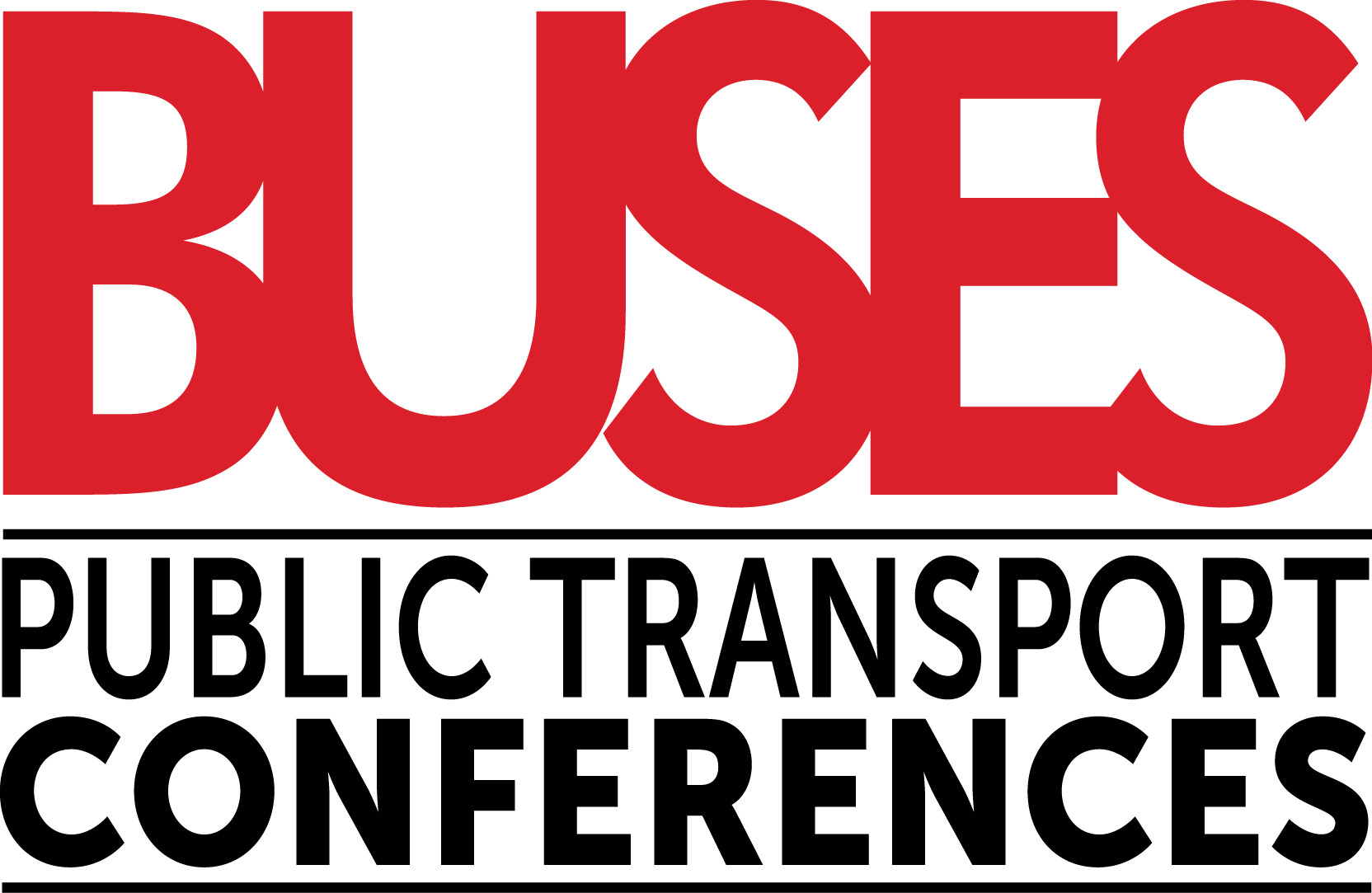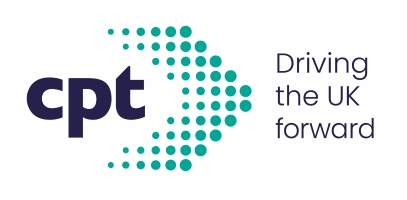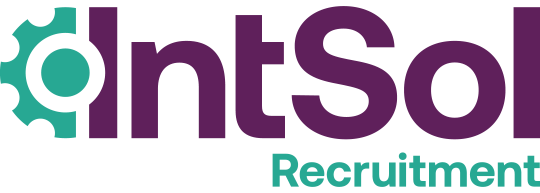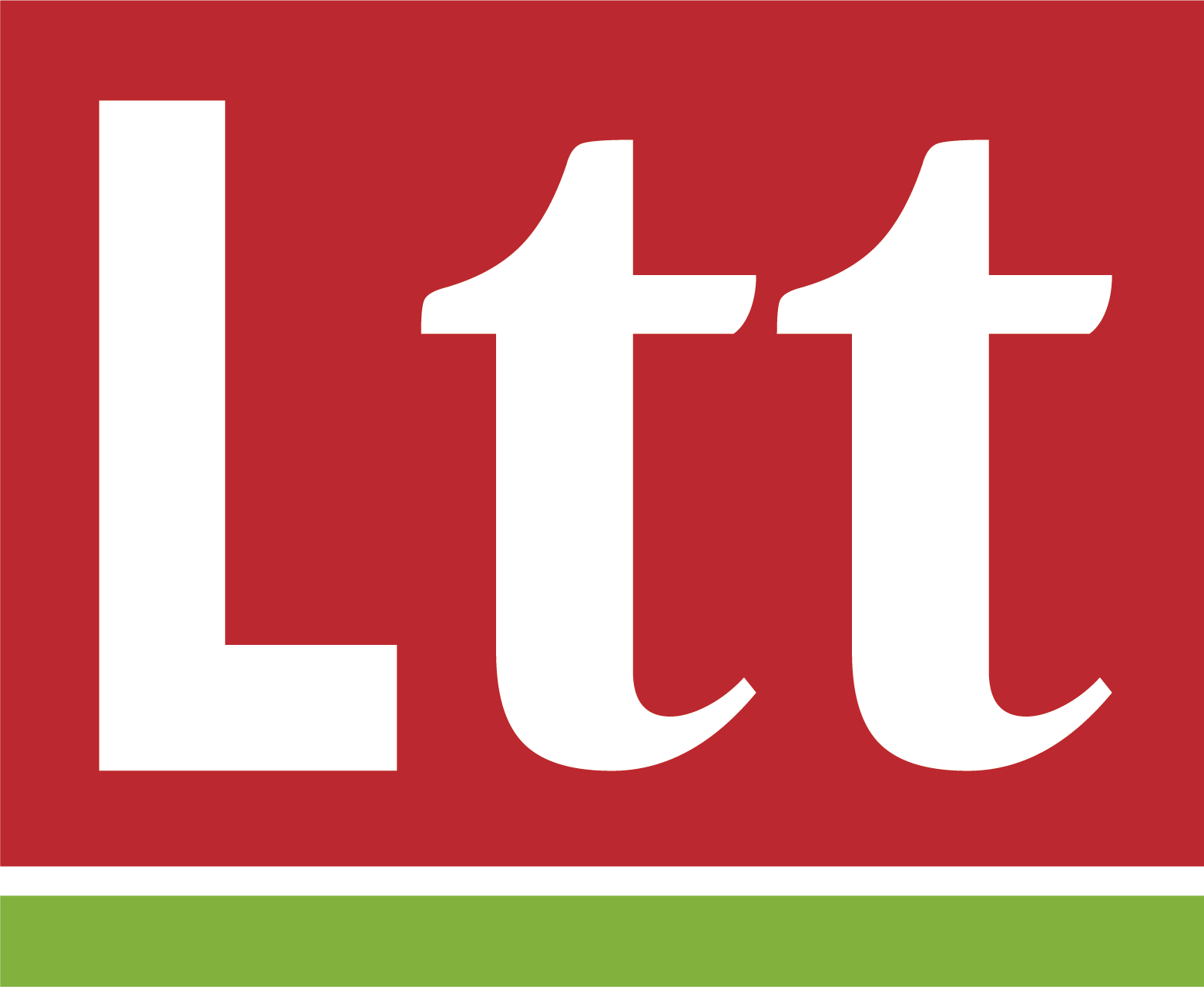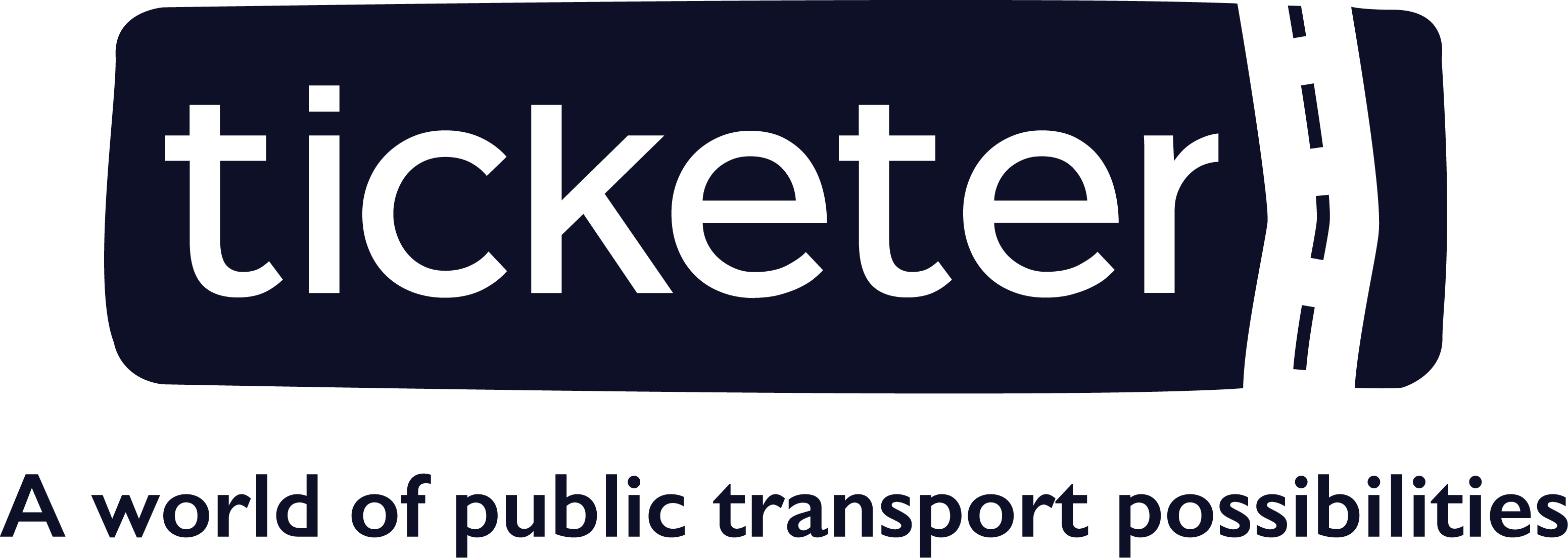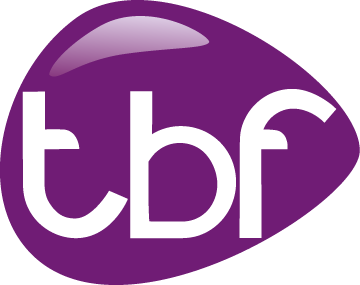Criteria for Diversity
In recent years, many companies have responded to two pieces of wisdom. The first is, that in an ever competitive world for recruiting people with the right ability, character and personality for working in a service industry, it makes sense to widen the pool of people to recruit from by making the prospect of employment attractive to more diverse groups of people
The other reality is that businesses which go out of their way to reflect the communities they serve, be it through recruitment practices, the way they present themselves or by the attention to detail of the services they provide, stand to do much better commercially than those which don’t bother.
The Diversity Award is intended to recognise particular efforts to promote diversity in all forms. This may include:
- Particular efforts to attract a diversity of people into the industry.
- The promotion of equal opportunities for all groups.
- Initiatives to make it obvious that a business welcomes recruitment from all regardless, for example, of disability, education, ethnicity, gender, political beliefs, socio-economic status, sexual orientation or religion.
- Practices designed to help a business to be part of the diverse community in which it operates as opposed to sitting alongside it.
Who can be nominated?
Entries will be welcomed from operators, local transport authorities, partnerships and any other organisation involved in transport.
…and by whom?
Nominations will be accepted from all eligible organisations and self-nomination is acceptable.
Criteria and entry requirements
We have made the entry submission for the Diversity award a ‘blank canvas’. With no set criteria but a few points of guidance, entrants have total flexibility within a 2,000 word limit in how they present their case for this award.
Submissions should not exceed 2,000 words and should describe:
- Details of the initiative or project, which groups of people it targeted and how it was delivered.
- What the aims were and how far these were achieved. It will be important to substantiate these by objective data. Examples might be changes to employee survey results or basic details on how many people have completed a particular programme or how the percentage mix of employees has changed. Quotes from people affected would help to bring to life the impact of initiatives. In short, anything which bears out general assertions and grand claims of success will be welcome.
- The timescales over which the project is being delivered, accepting that these can be extended if a programme is not to be a token flash in the pan but is intended to become part of the way of life for a business.
- What makes the particular project or scheme stand out from the crowd to be a potential award winner.
All projects, big or small, are of great interest and the judges will weigh up the degrees of challenge, actual outcomes and the resources available to a business in arriving at their decision.



